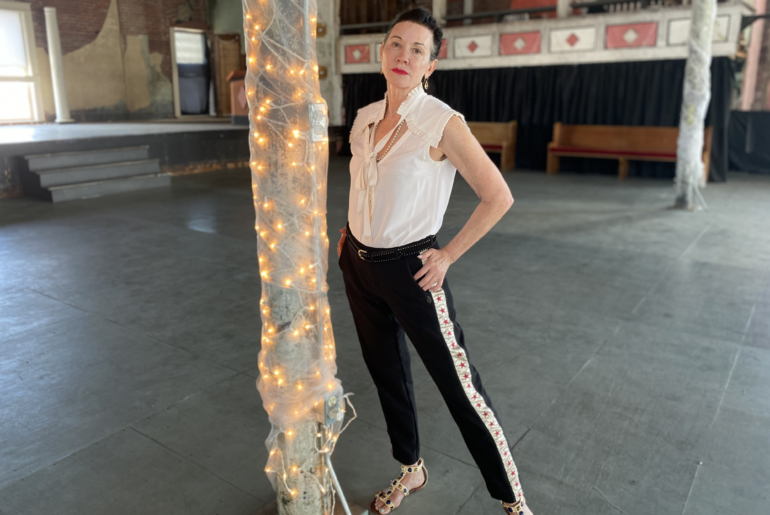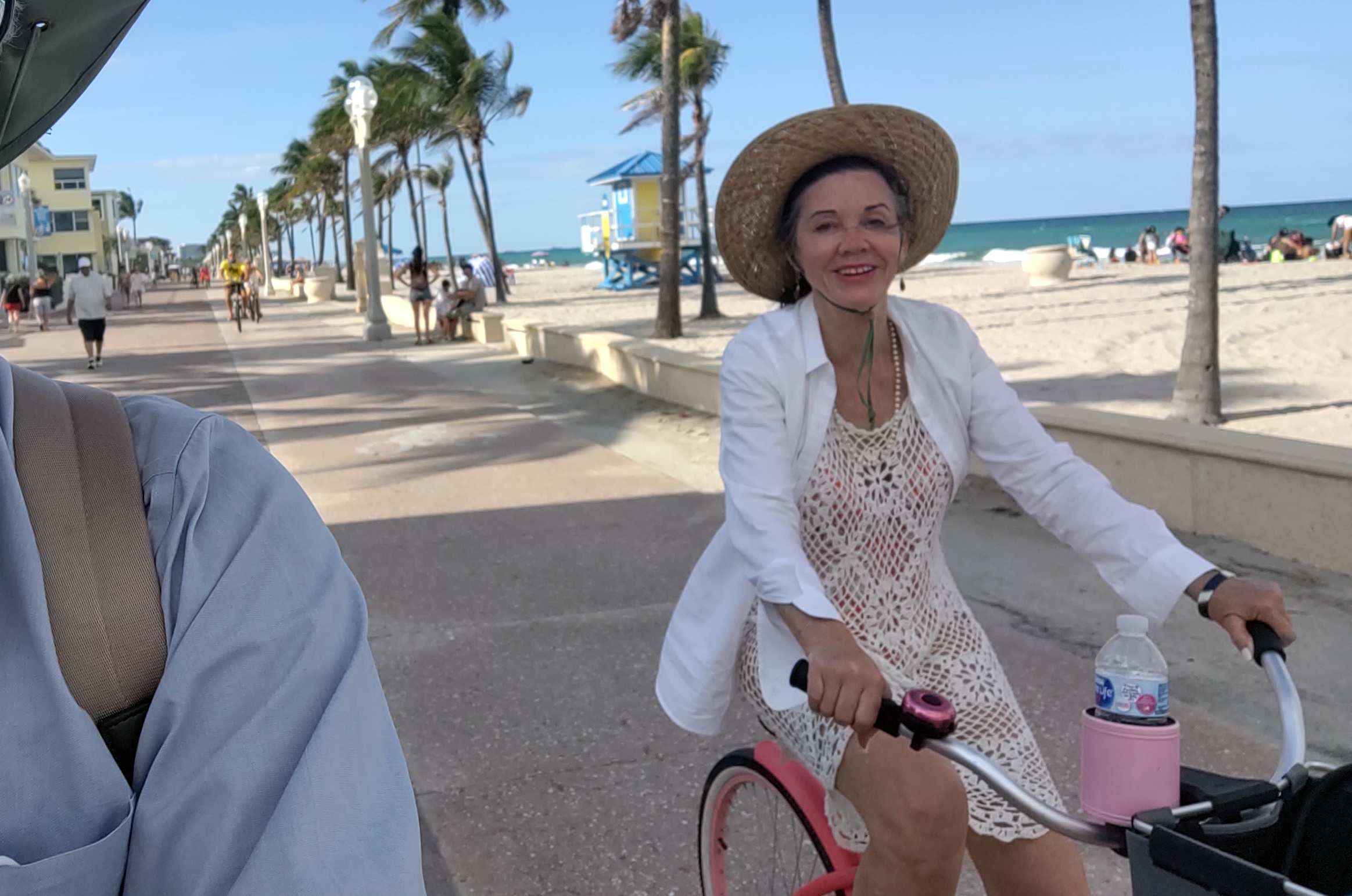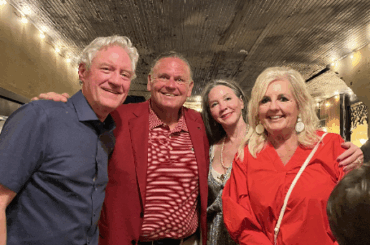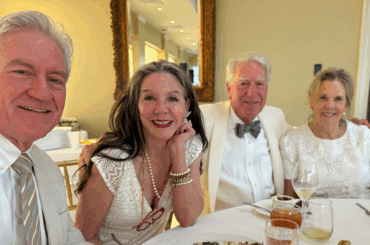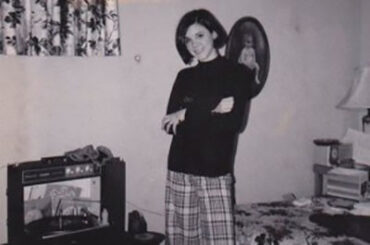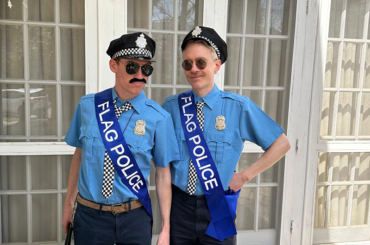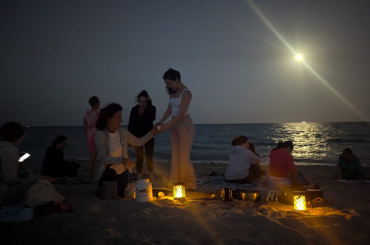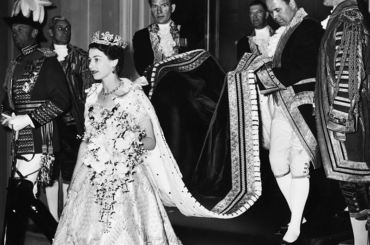This past Sunday proved to be an experiential lesson for me in America’s current social and global threats. And, as with all realizations, the more you learn, the more you realize you need to learn. It is never as simple as you would like it to be.
Sunday started with a trip to Pine Bluff, Arkansas. My grandchildren and I went there to hear one of my favorite priests, Rev. Stuart Hoke, preach at Trinity Episcopal Church, built in 1866. Pine Bluff is a very old city. Located on the Arkansas River, it was once a thriving metropolis when Cotton was King, slaves were a commodity (chattel), and transportation by river was the best way. But today, it is like so many old river towns. Pine Bluff is now poor, a wasteland of abandoned buildings.
In the Episcopal Church, preachers do not pick their Sunday sermon topics. They must follow the liturgical calendar with scripture readings set years in advance. On this day, the Gospel reading was about the eunuch in the bible who was accepted into the church and thus heaven, even though his appearance was against religious doctrine at the time. I thought that was weirdly relevant.
The Day’s Next Lesson: Food Deserts
After church, the kids and I were starved and sleepy, because that is what church will do to you. Since we had an hour drive home, I Googled a coffee shop and experienced what the current term “Food Desert” means. The only place we found on the map to eat, much less get a good cup of coffee, was McDonald’s.
Growing up, as a child riding in the car back seat for 3 hours to see Grandmother in Batesville, we had lots of food deserts. But my parents knew back then to pack a few sandwiches and a thermos of coffee for Dad. But I have forgotten that way of life and so we went to McDonald’s.
At the drive-up menu board, we placed our order over a scratchy microphone. Between my poor hearing and the order takers slaughter of the English language, I had to ask my granddaughter to interpret the conversation and tell me what the order taker was asking, which was, “What kind of sauce” for our Chicken McNuggets.
At the window, I passed my money, and the order taker slid my sack of food under and through the dirtiest windowpane I have ever seen. I had to fight the urge to take a Windex Wipe that I fastidiously keep in my car, and start wiping everything down for the next drive-up victim … I mean, patron.
Down the road, away from town, we found our ketchup packets to be sticky and ants in the car that could have only hopped a ride on our newly purchased food.
Are You Awake?
Once back in Little Rock, I went to the grocery store. As I shopped, I ran into an old friend and we exposed our lack of coolness. He asked me what “WOKE” stood for. He thought it was an acronym, I agreed it probably was, but I really did not know. When I got home, I looked it up:
The Lessons of the Day Continue
Though earlier in the day was a bit out of the ordinary, Sunday night was my usual fare as I took my dinner, on a tray, to sit in front of the TV to watch 60 Minutes. This ritual is my preferred way of going deeper into current events and learning about world politics and wars.
After laboriously and dutifully watching months of their episodes about pandemic statistics, police shootings, and Trump antics, this one-hour news show, finally, took on a broader world view and offered some other stories. This is when I realized how uniformed I was about the BIG picture.
America is lagging behind in infrastructure, more specifically microchips, which today run everything from cars to phones. This vulnerability has been known by few but became glaringly apparent in the current microchip shortage.
Turns out, the life we all know lies in the merciful hands of the largest microchip maker in the world, who is in Taiwan and thankfully our ally, for now. Fearfully though, Taiwan’s aggressive neighbor is China who has the biggest Navy in the world and by 2028 may be the richest country in the world. Do not panic yet, money is not everything. It is the combination of human resources, ingenuity, water, and other things (maybe microchips) that make you all-powerful.
“Defund the Police” What Does it Mean?
As 60 Minutes went off, the next show appeared showing graphic footage of a police cam shooting. This clip, of course, whetted my husband’s appetite and is probably the only reason I got him to watch the rest of the show with me.
We stayed enthralled as we learned statistics, viewed graphics, and watched the debate on the meaning behind the slogan “Defund the Police.”
I happen to agree with Barack Obama when he said about this controversial naming, “You lost a big audience the minute you say it.” To me, the phrase has a negative connotation, and it sounds disrespectful to the mostly good people on the police force. But, alas, in this day of information overload, it seems the only way to garner people’s attention is to say something inflammatory (an excerpt from a Shock Jock’s play book).
Even though I find the slogan offensive to my police officer friends and customers of Flag and Banner, I still listened to the show in an effort to expand my understanding. I learned that domestic violence (anything inside the home) was not under the jurisdiction of the police until the Violence Against Women Act was signed into law in 1994. And that the riots of the 1960’s “Burning of America” era led to the militarization of our current Police Department.
To a very few, defunding the police does mean throwing the baby out with the bathwater, to begin a whole new police department. But most, in this show, expressed an idea of diversifying duties, lightening the workload of our men and women in blue.
Today, during any 8-hour shift, a policeperson may be asked to be a social worker, a teacher, a moderator, or a protector. To be good at any one of those jobs would take years of training and possibly a college degree. The phrase “defund the police” is an effective way of getting our attention and a way to get us thinking about what we want our police officers to do. Do we want to diversify the business of policing and allocate money to social workers and moderators for domestic violence? Do we want our uniformed police to get back to their basic slogan “serve and protect?” Is writing speeding tickets and outdated procedure and need?
When I awoke that Sunday morning, I had no idea I would be so WOKE by the days end.

